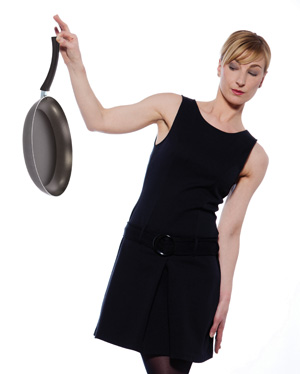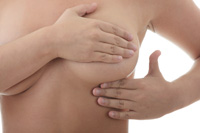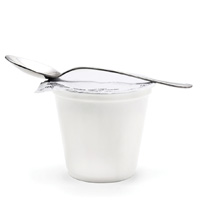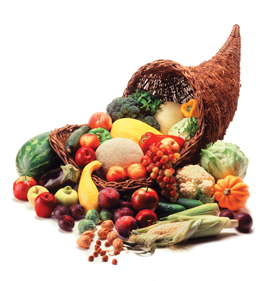 Toxic relationship
Toxic relationship
The chemicals called PFCs (perfluorocarbons) are everywhere. They’ve been used in household goods for a long time, and have been found in soil, water, plants — and people. PFCs are set to be phased out of use in this country by 2015, but in the meantime, a new study out of the West Virginia University School of Medicine has linked a relatively high level of PFCs in the bloodstreams of women over the age of 42 with early menopause. Early menopause leads to a premature lowering of estrogen levels, which can raise a woman’s risk of diseases such as osteoporosis and heart attack. Researchers warn that they only found a correlation between PFCs and early menopause and further studies are needed. Read more about the study at parentmap.com/more.
HealthWatch
 Pain gain
Pain gain
They made your life a living hell when you were a kid, and they could affect you into adulthood. A University of Washington study has found that girls who suffer from migraine are more likely to gain weight as adults.They study found that four in 10 women who had migraines as children gained at least 22 pounds in adulthood, compared to three in 10 who never experienced them.
 Labor talks
Labor talks
Dentists routinely use nitrous oxide (laughing gas) to soothe patients, but the pain-relieving gas isn’t widely used elsewhere in the U.S. That may be changing. The federal government is reviewing its use to relieve pain in labor, and more hospitals are planning to offer it. Why? Nitrous oxide, unlike epidurals, is less expensive, non-invasive, can be administered by the woman herself, and can be used late in labor. (But it doesn’t offer complete pain relief.)
 Breast easy
Breast easy
Breast exams can be tricky to do right, and med students’ hands-on skills aren’t even tested in their licensing exams. Dr. Carla Pugh, a surgeon at Northwest University Feinberg School of Medicine, is developing a high-tech breast model to help increase students’ likelihood of finding tumors in real women. Read more at parentmap.com/more.
 Weighty matter
Weighty matter
Yogurt is good for you, to be sure (see The List for more!) — it’s high in calcium, which is crucial for healthy bones and teeth. But it can also help control weight, according to a study published in the International Journal of Obesity. Adults who cut 500 calories while consuming three servings of non-fat yogurt per day lost 22 percent more weight than those who ate just one serving per day.
May’s List
Defensive diet
You really might be what you eat — a good diet could just be the key to living longer and better. This antioxidant-packed diet could protect you from some of the uncomfortable effects of getting older, including memory loss and sore joints, as well as stave off diseases such as heart attack and stroke.
 Age more gracefully by eating:
Age more gracefully by eating:
1. Almonds, pecans and walnuts. High in protein, antioxidants and vitamin E (which can lower your risk of stroke); low in cholesterol.
2. Salmon, sardines and canned tuna. Packed full of omega-3 fats, which reduce blood plaque buildup and lower blood pressure (read: lower risk of heart attack).
3. Extra-virgin olive oil. It contains lots of calories, so don’t overdo it, but it’s a monounsaturated fat. High saturated fat intake is associated with cognitive decline in older people.
4. Fruits and vegetables. As many as 10 servings a day! The more produce you eat, the higher your blood level of antioxidants. Eat brightly colored veggies and fruits for the most nutritional bang for your buck.
5. Legumes. Anything, everything. They’re a cholesterol-free source of protein, full of antioxidants, and an excellent source of fiber and complex carbs.
6. Whole grains. Nix the white bread and rice; go for oatmeal, cracked wheat or wild rice. Whole grains haven’t lost all the good stuff that makes them such valuable food, including their vitamin E and antioxidants.
7. Low-fat dairy. Yogurt, cottage cheese, milk — however you eat dairy, make sure it’s not packed with fat. Your waistline will love you for it. Your bones will love you for the calcium, which means you may avoid the debilitating effects of osteoporosis.
Source: webmd.com











